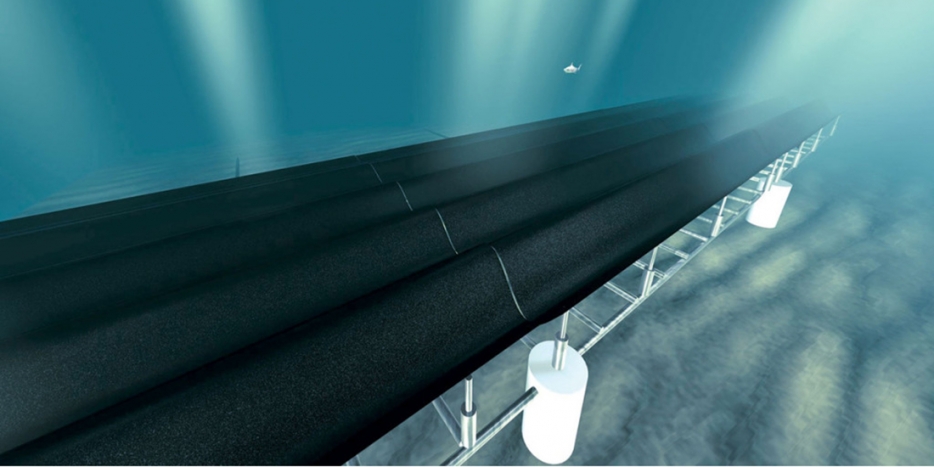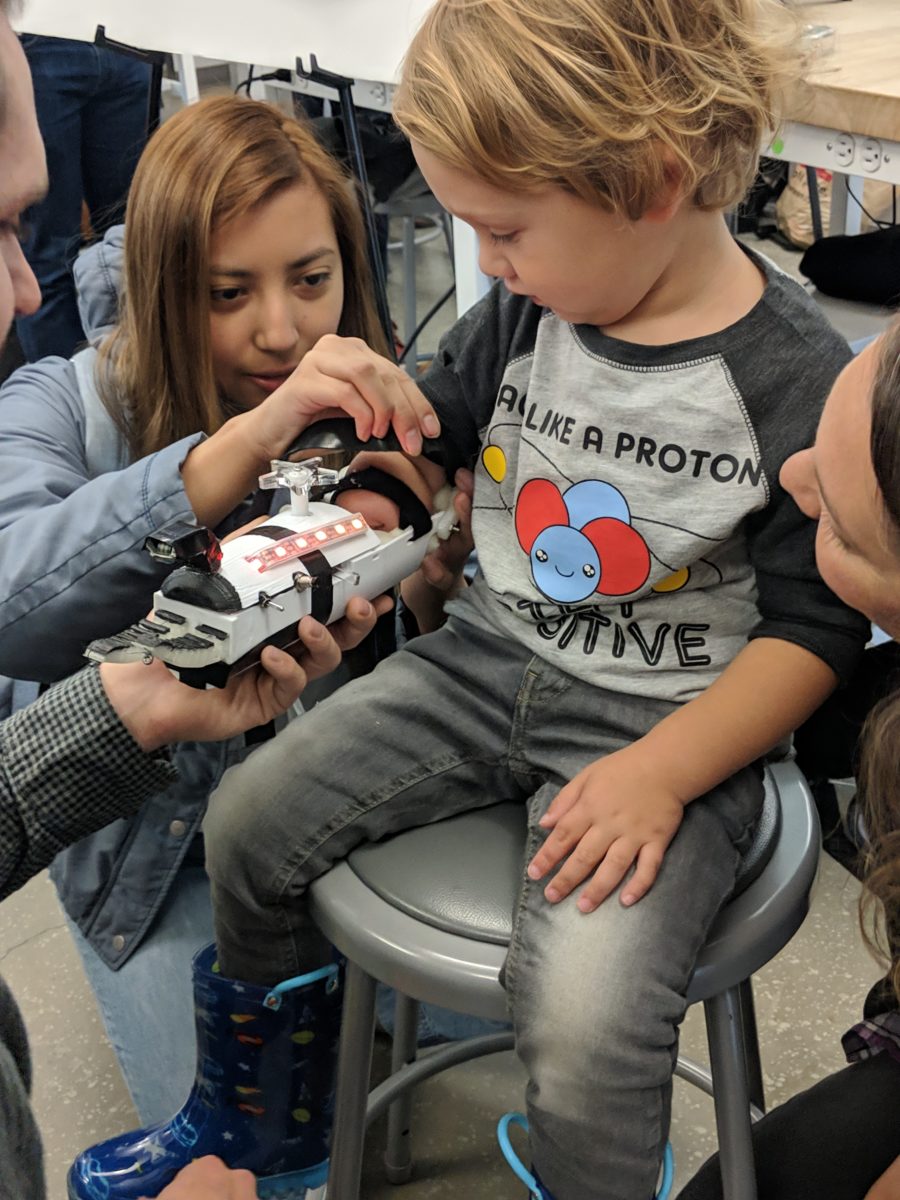Ocean Engineering
The oceans have long been recognized as an essential part of our global environment. Covering more than 70 percent of the earth's surface, the oceans affect all life on earth directly as well as indirectly. Ocean Engineering involves the development, design, and analysis of man-made systems that can operate in the offshore or coastal environment. Such systems may be used for transportation, recreation, fisheries, extraction of petroleum or other minerals, and recovery of thermal or wave energy, among others. Some systems are bottom-mounted, particularly those in shallower depths; others are mobile, as in the case of ships, submersibles, or floating drill rigs. All systems should be designed to withstand a hostile environment (wind, waves, currents, ice) and to operate efficiently while staying environmentally friendly.
Ocean Engineering study as a major field of study within Mechanical Engineering requires satisfying core requirements in marine hydrodynamics and marine structures. Individuals are expected to have undergraduate background similar to at least two of the upper-division courses ME164 (Marine Statics & Structures), ME 165 (Ocean-Environment Mechanics), and ME 168 (Mechanics of Offshore Systems), which can also be taken for graduate-degree credits. Disciplines supporting ocean engineering include materials and fabrication, control and robotics, continuum mechanics, dynamical system theory, design methodology, mathematical analysis, and statistics. The graduate courses ME240, ME241, ME243, and ME245 are core offerings that provide the necessary background for performing rational analysis of marine systems, fixed or mobile. Ocean Engineering can also be used as a minor subject with one of the other major field disciplines.
Contemporary research issues include: vortex and free surface interaction, roll-motion damping and dynamics of ships, dynamic positioning of mobile offshore bases, hydroelastic behavior of floating airports, waves in a two-layer fluid, high-speed multi-hull configuration optimization, marine composite materials, reliability-based structural design, fatigue behavior of marine materials, Bragg scattering of waves, computational methodologies for nonlinear waves, tsunami propagation, sea-bed mechanics, and alternative renewable energy: floating offshore wind park, ocean wave and tidal energy, loads on floating turbines. A cross-disciplinary site on ocean & coastal ocean science & engineering at Berkeley can be found here.
The Major Field Advisors for each research area are listed here.
Core Faculty
Faculty with research interests that relate to Ocean Engineering issues include Professors Fai Ma and Tarek I. Zohdi.













